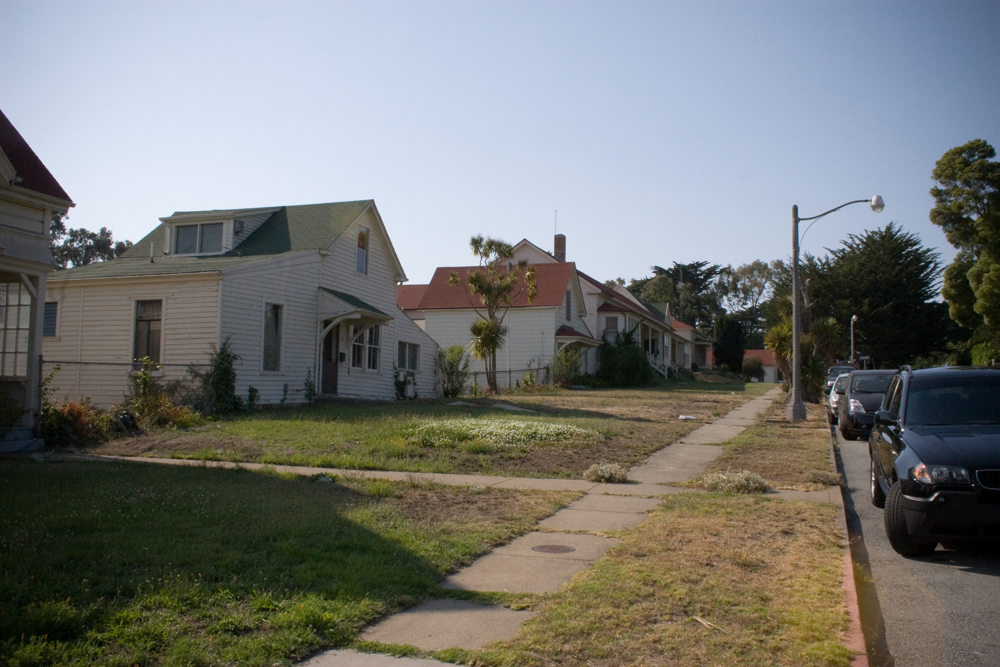| << Chapter < Page | Chapter >> Page > |

Sociologists use the term social stratification to describe the system of social standing. Social stratification refers to a society’s categorization of its people into rankings of socioeconomic tiers based on factors like wealth, income, race, education, and power.
You may remember the word “stratification” from geology class. The distinct vertical layers found in rock, called stratification, are a good way to visualize social structure. Society’s layers are made of people, and society’s resources are distributed unevenly throughout the layers. The people who have more resources represent the top layer of the social structure of stratification. Other groups of people, with progressively fewer and fewer resources, represent the lower layers of our society.

In the United States, people like to believe everyone has an equal chance at success. To a certain extent, Aaron illustrates the belief that hard work and talent—not prejudicial treatment or societal values—determine social rank. This emphasis on self-effort perpetuates the belief that people control their own social standing.
However, sociologists recognize that social stratification is a society-wide system that makes inequalities apparent. While there are always inequalities between individuals, sociologists are interested in larger social patterns. Stratification is not about individual inequalities, but about systematic inequalities based on group membership, classes, and the like. No individual, rich or poor, can be blamed for social inequalities. The structure of society affects a person's social standing. Although individuals may support or fight inequalities, social stratification is created and supported by society as a whole.

Factors that define stratification vary in different societies. In most societies, stratification is an economic system, based on wealth , the net value of money and assets a person has, and income , a person’s wages or investment dividends. While people are regularly categorized based on how rich or poor they are, other important factors influence social standing. For example, in some cultures, wisdom and charisma are valued, and people who have them are revered more than those who don’t. In some cultures, the elderly are esteemed; in others, the elderly are disparaged or overlooked. Societies’ cultural beliefs often reinforce the inequalities of stratification.

Notification Switch
Would you like to follow the 'The sociology of families for lb ilearn campus' conversation and receive update notifications?